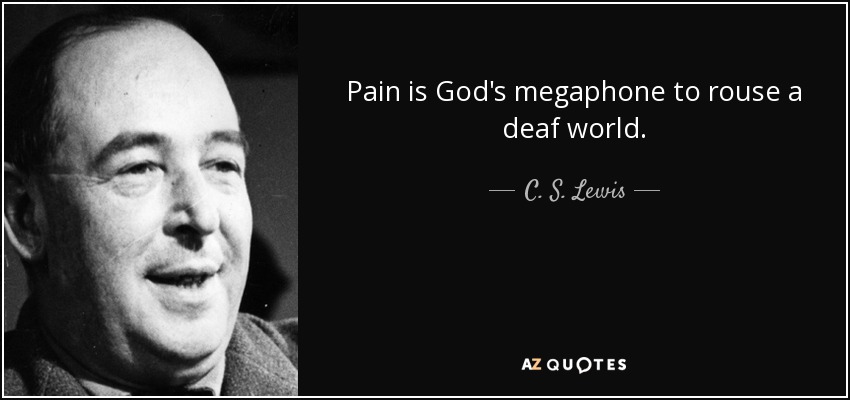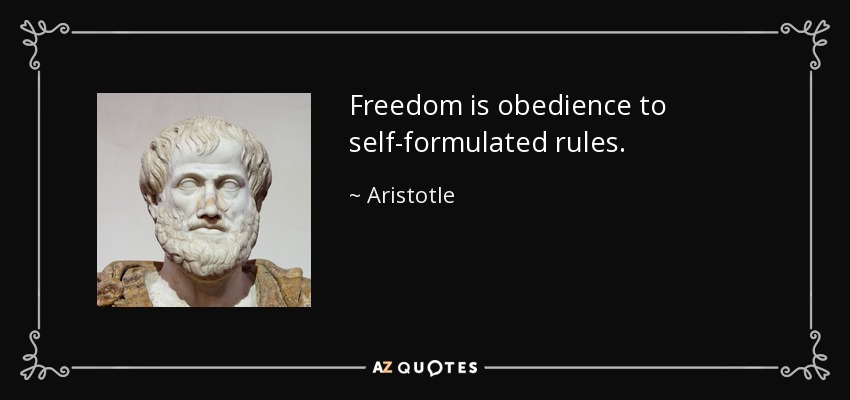

In the last few years at West Loop UBF, our sermons were from:
- Matthew's Gospel [referencing Stanley Hauerwas].
- Parables of Christ [explained by Kenneth Bailey, who's book "Jesus Through Middle Eastern Eyes" won Christianity's book of the year].
- 1 Corinthians [commentaries by Richard Hays, Gordon Fee]; 2 Corinthians.
- Exodus currently [by Jewish professors Robert Altar and Leon Kass].
A few brief things we learned:
- "He brings me back" or "My life, He brings back" (Ps 23:3). The King James Bible popularized the phrase "he restores my soul." It has inspired and encouraged multitudes of Christians over the centuries. The NIV says, "he refreshes my soul." But it is a paraphrase from the Hebrew which literally says, "He brings me back" or "My life, He brings back." Just as the good shepherd [representing God/Christ] finds and brings the lost sheep back (Lk 15:1-7), and the woman combs through her house to find her lost coin (Lk 15:8-10), and the father who longs to bring back both of his lost sons (Lk 15:11-32), the psalmist King David confesses that God brought him back to Himself. We are encouraged to learn that only God can restore a lost sinner.
- Freedom from judgment. Consciously or not, we judge others and then insist that our judgment is unquestionably correct. But Paul says, "I care very little if I'm judged by you or by any human court...it is the Lord who judges me" (1 Cor 4:3,4). We learn that one is truly free when they live before the just judgment of God rather than the biased judgments of men.
- "New creation" (2 Cor 5:17). We incline toward doing things--even good things--habitually. But in Christ every single day, every single morning, every single moment is a brand new day, a brand new morning and a brand new moment, not the same old, same old boring habitual predictable routine.
- Liberation from...liberation for. As we now begin studying Exodus, we learn that God gives us freedom not to do whatever we want, but that we can now freely choose who to serve: Pharaoh [boss, leader, supervisor, a human being] or God alone.
















































